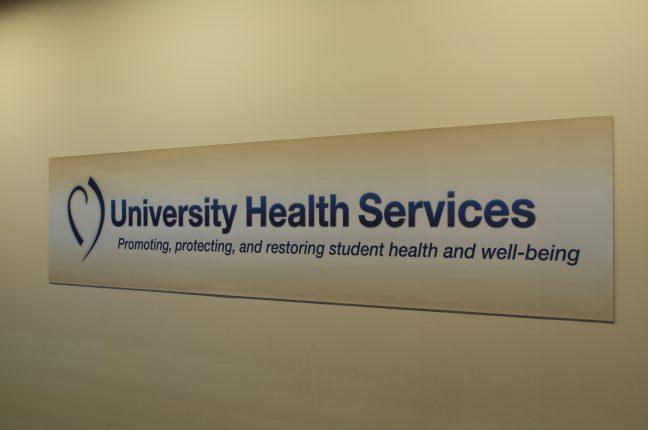The 39th annual Eating Disorders Awareness Week began Monday with thousands of events on both local and national levels aimed at spreading awareness.
The National Eating Disorder Association’s goal for this year’s EDAW is to celebrate strength through experiences and eating disorder education. The week is a way to raise awareness by centering the stories of those with lived experiences and making sure people understand there is no one body associated with an eating disorder, NEDA Vice President of Communications and Marketing Sarah Chase said.
“There are nearly 30 million Americans in the United States who will experience the eating disorder throughout their life,” Chase said. “They are sometimes triggered by emotional trauma, physical trauma [or] any sort of event that occurred to somebody that can spark a disordered eating pattern in their life.”
Chase said there are many factors that lead to the development of an eating disorder and there is not one specific cause, type or progression.
Students are one of the highest at-risk groups for developing an eating disorder, according to the University Heath Services Instagram. College students are in a unique stage of life, navigating new independence and learning to eat in dining halls or grocery shop and cook for themselves, balancing studies, sleep and socializing, University Health Services (UHS) Registered Dietician Sarah Van Riet said in an email statement to The Badger Herald.
“On the UW-Madison campus at UHS, the number of students seeking care for disordered eating has risen in recent years,” Van Riet said.
According to UHS, around one in three individuals with eating disorders are male, with numbers even higher for athletes. Gender non-conforming students also exhibit a notably higher frequency of disordered eating compared to cisgender peers.
At the University of Wisconsin, UHS has partnered with Rec Well this week to have digital TV advertisements running in campus recreation facilities to encourage students to “move their body for joy,” UHS Associate Director of Marketing and Communications Sarah Glapa said in an email statement to The Badger Herald.
“The digital TV image is simply an effort to bring awareness to Eating Disorders Awareness Week and highlight that healthy body movement comes from a place of body appreciation and joy, not punishment or trying to ‘burn off’ food,” Van Riet said.
NEDA is hosting thousands of events occurring on both local and national levels, in person and online, to inspire change throughout the week, according to its website.
NEDA content is focused on helping people with eating disorders find resources and stories that could help them feel less alone, Chase said.
“Things that may be helpful in terms of understanding what they’re going through,” Chase said. “And also I think primarily to let them know that recovery is possible, that there are people here to help and support them.”
NEDA offers information and resources on their website and Instagram. Hashtags to use on social media include #NEDA, #EDAW or #itstimeforchange.
Resources regarding eating disorders:
- Toll-free National Eating Disorders Helpline
- 24/7 Crisis Support via text (send NEDA to 741-741)
- UHS Eating Disorder resource
- Make an appointment here
- Life without ED


